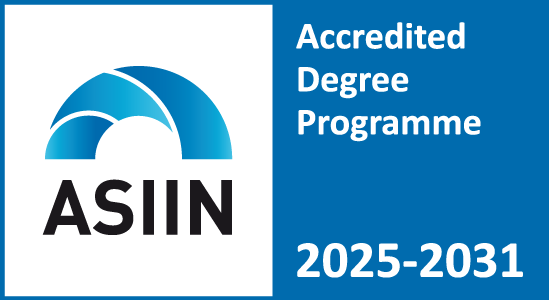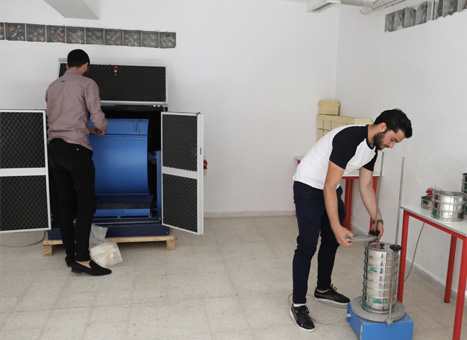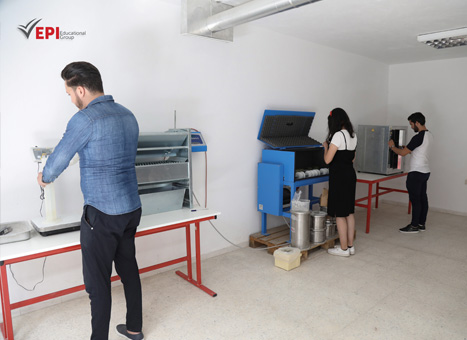This training program is accredited.


The objective is to form civile engineers who are able to conceive, analyse, to calculate, to realise, to assess and to manage work in the construction fields.
The civil engineer is a specialised engineer in the conception and establishment of the means, the managing of workers in the act of building. He participates in the construction of residencies, commercial buildings, industrial constructions, offices or show buildings, as well as the construction of the infrastructure of communication and the arrangement of territories (bridges, tunnels, logistic centers, road blocks, energetic power plant) or to safeguard the environment (water management, waist storage).


The ingeneer may interrupt any construction stage from the soil studies up to the work reception:
- soil study
- foundation calculations
- conception of work(calculation, methods, price study)
- conduct work and the technical controle.
The suggested formation by the EPI-Polytech is adapted depending on the permanent needs of entreprises through integrating the evolution of techniques and methods in the field of civil engineering.
Civil engineering students have the possibility to choose between options (dominant) in their 5th year such as:
- Roads and Bridges
- Buildings & Energys
For more information, contact Mr KAIS GHENIA

- French
- English
- Mathematics for engineers
- Probability and statistics
- MMC
- Algorithm and data structure
- material resistance RDM
- Topography
- General construction processes
- Fluid mechanics
- Geology
- French
- English
- Numerical analysis
- material resistance RDM : TP
- Operational research
- Reinforced concrete 1
- Calculation of structures 1
- Building materials
- Soil mechanics 1
- General hydraulics
- DAO : civil engineering
- Building electricity
- French
- English
- Roads1
- Reinforced concrete 2
- Calculation of structures 2
- Metal construction
- Thermal - Acoustic
- Soil mechanics 2
- Hydrology and urban hydraulics
- Urbanism
- French
- English
- Finite elements
- Planning and
- organization of the work
- Prestressed concrete
- Diagnosis and repair of structure
- civil engineering Softwares: Piste-Covadis
- civil engineering Software : Arche-Robot
- VRD
- Hydraulic structures
- Special structures
- Public Procurement
- MOS Certification
- PFA
- Quality assurance
- Dynamic calculation of structures in seismic zones
- CAD: Design and calculation
- Energy design of buildings
- Labor and business law
- Advanced finite elements
- Renewable energies
- Entrepreneurship
- Risk management
- HRM
- Masterpieces
- Routes 2
- Site security
- Logistics and transport systems
- End of Study Project (PFE)
- human resources management GRH
- Law of work
- ESB Certification
- Design and calculation of building projects
- Energy study of buildings
- Specific CG structures
- Green Buildings
- Risk management
- Quantity survey and price estimation
- Dynamics of structures
- Plates and Covers
- civil engineering Software : Revit + Primavera
- For more information, download:
- Module sheets

- The objectives and skills of the sector
